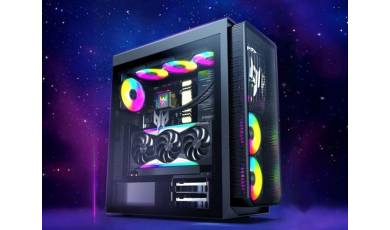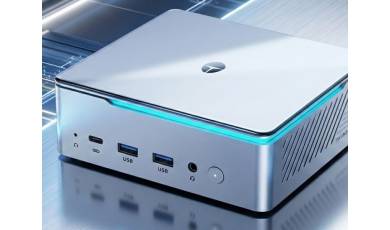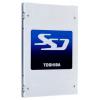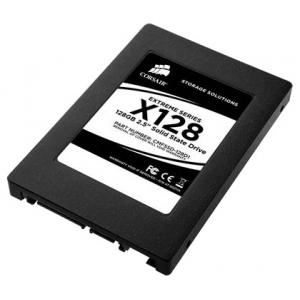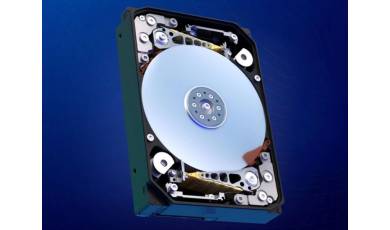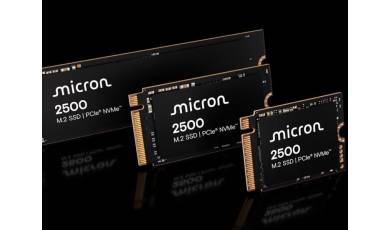Corsair CMFSSD-128D1 specs.
SSD Specs >> Corsair >> Corsair CMFSSD-128D1| Specifications | | | Reviews |
General characteristics Corsair CMFSSD-128D1
Ruler:
CMFSSD-D1
Type:
SSD
Support 4K:
yes
Purpose:
laptop
Form factor HDD:
2.5"
Drive specifications Corsair CMFSSD-128D1
Volume:
128 GB
The write/read speed:
170/240 MB
Buffer memory:
64 MB
Interface Corsair CMFSSD-128D1
Connection:
SATA 3Gb/s
External data transfer rate:
300 MB/s
Mechanics/Reliability Corsair CMFSSD-128D1
Shock resistance at work:
1500 G
Shock resistance during storage:
1500 G
MTBF:
1000000 h
Additionally Corsair CMFSSD-128D1
Weight:
80 g
Reviews, Questions about Corsair CMFSSD-128D1
Write Review / Ask a question about Corsair CMFSSD-128D1
Popular today
Ruler: THNSNC GBSJ; Type: SSD; Support 4K: yes; Type flash memory: MLC; Purpose: laptop; Form factor HDD: 2.5"; Volume: 128 GB; The write/read speed: 180/220 MB; Connection: SATA 3Gb/s; External ...
Line: THNSNJ GCSU; Type: SSD; Support sectors 4K: yes; The type of flash memory: MLC; The purpose: laptop; Form factor HDD: 2.5"; Volume: 128 GB; Connection: SATA 6Gb/s; External data transfer ra...

